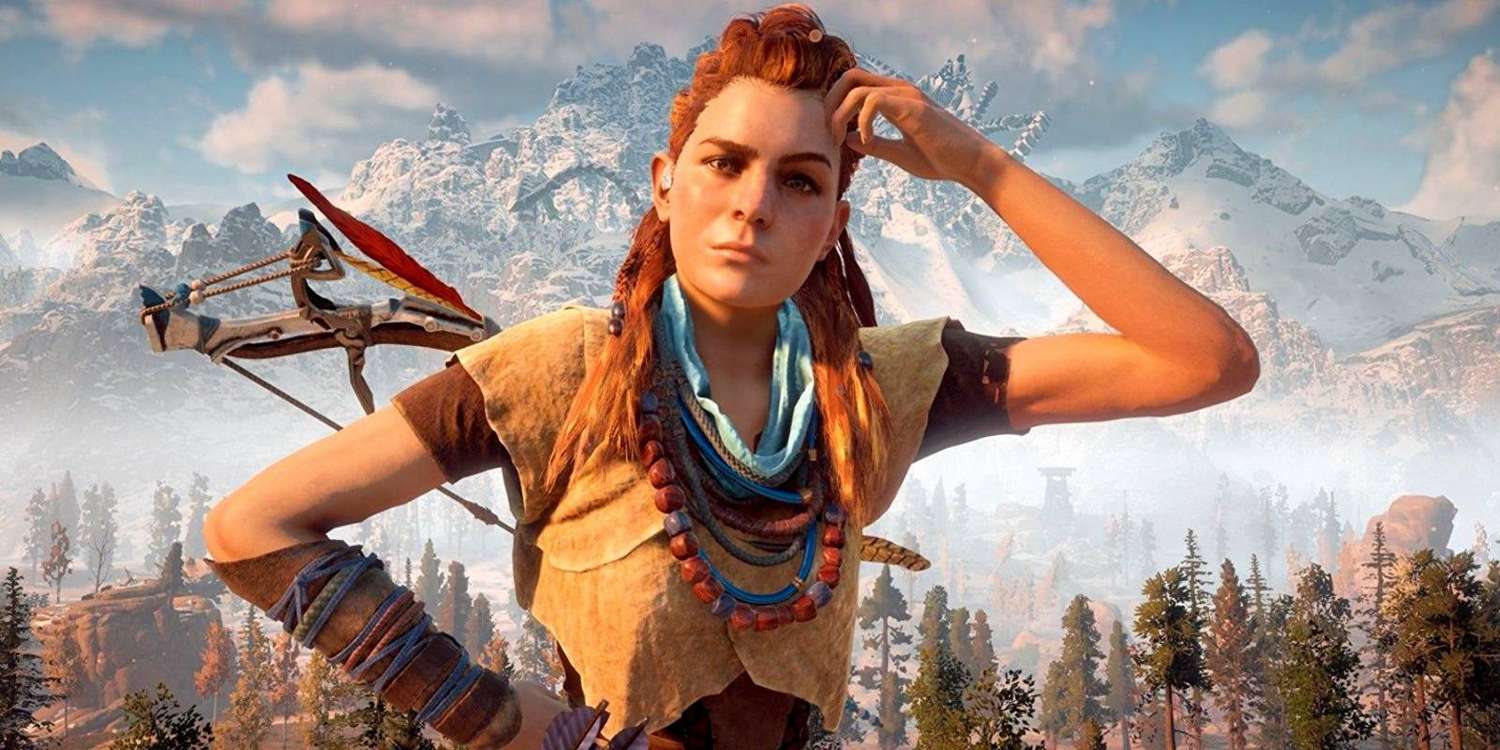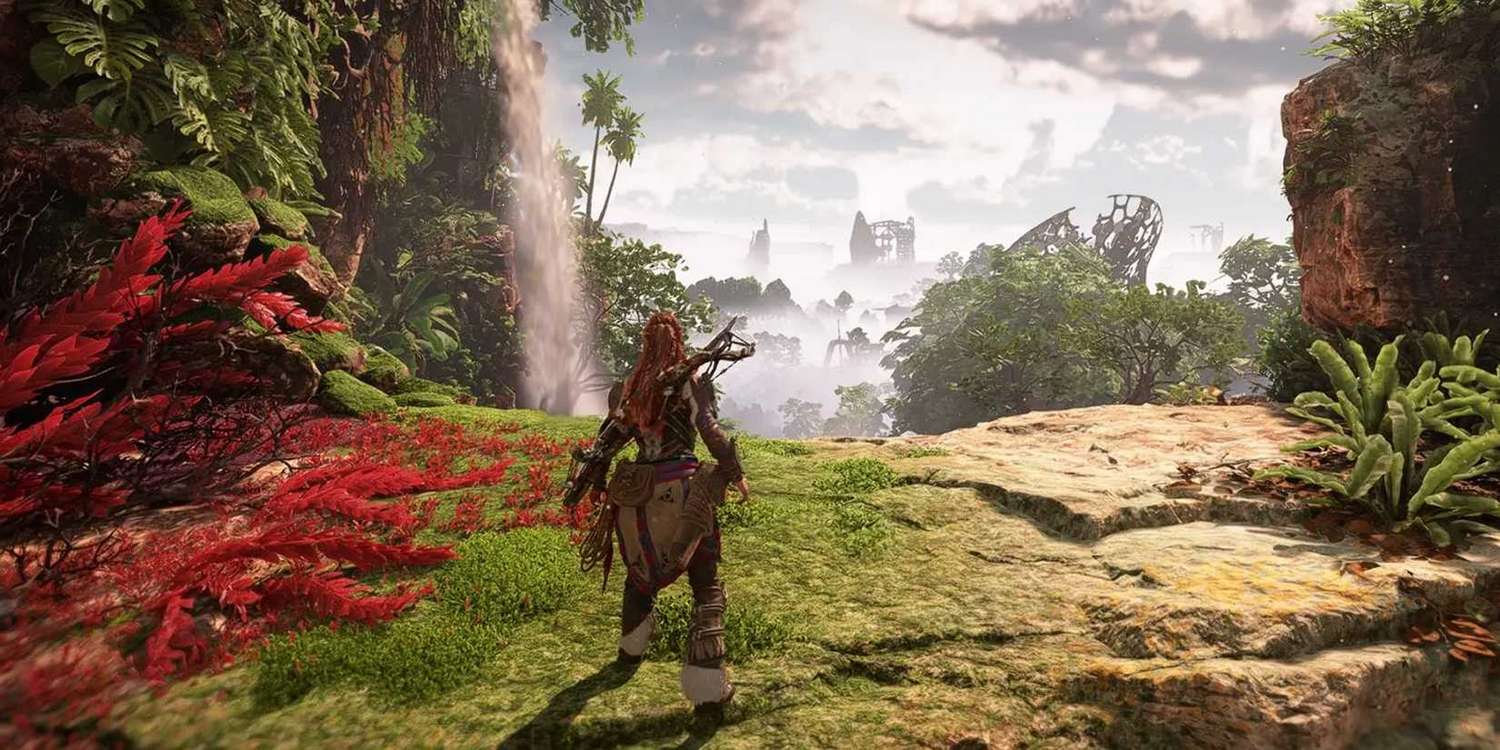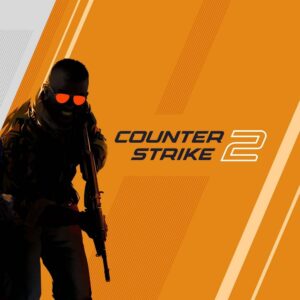High-Stakes Legal Showdown: Sony Files Preliminary Injunction Against Tencent Over Alleged ‘Horizon’ Clone
Popular Now
 Schedule I
Schedule I
 Geometry Dash
Geometry Dash
 FIFA 23
FIFA 23
 The Legend of Zelda
The Legend of Zelda
 Candy Crush Saga
Candy Crush Saga
 Genshin Impact
Genshin Impact
 EA SPORT FC 25
EA SPORT FC 25
 Grand Theft Auto V
Grand Theft Auto V
 Stumble Guys
Stumble Guys
 God of War Ragnarök
God of War Ragnarök
 The ongoing Intellectual Property dispute between gaming behemoths Sony Interactive Entertainment (SIE) and Tencent Holdings has escalated significantly, with Sony filing a motion for a preliminary injunction in a U.S. District Court. The action seeks to halt the promotion and further development of Tencent’s upcoming game, Light of Motiram, which Sony claims is a “slavish clone” of its critically acclaimed, high-value IP Horizon Zero Dawn and Horizon Forbidden West.
The ongoing Intellectual Property dispute between gaming behemoths Sony Interactive Entertainment (SIE) and Tencent Holdings has escalated significantly, with Sony filing a motion for a preliminary injunction in a U.S. District Court. The action seeks to halt the promotion and further development of Tencent’s upcoming game, Light of Motiram, which Sony claims is a “slavish clone” of its critically acclaimed, high-value IP Horizon Zero Dawn and Horizon Forbidden West.
This aggressive legal maneuver follows a lawsuit initially filed by Sony in late July 2025, alleging copyright infringement and trademark violation against the Chinese tech giant. The preliminary injunction request underscores Sony’s view of the imminent and irreparable harm that the continued promotion of Light of Motiram poses to the multi-billion-dollar Horizon franchise and the character of its protagonist, Aloy.
Core Allegations and Demand for Immediate Relief
Sony’s motion, filed with the U.S. District Court for the Northern District of California, specifically targets several elements of Light of Motiram that it argues are clear infringements of its protected intellectual property. These elements include, but are not limited to:
- The game’s protagonist—described as a “fierce tribal warrior huntress characterized by fiery red hair”—which Sony asserts is a near-identical copy of Aloy, a key icon for the PlayStation brand.
- Visuals and storyline components that allegedly mimic the unique post-apocalyptic, tribal-tech aesthetic of the Horizon world.
- A specific musical melody used in promotional materials that Sony claims is confusingly similar to two distinct compositions from the Horizon Zero Dawn Original Soundtrack.
 In the filing, Sony argues that the damage has already been done, a sentiment previously expressed in their opposition to Tencent’s earlier motion to dismiss the lawsuit. Sony points to overwhelming evidence of consumer confusion and media coverage that immediately dubbed Light of Motiram a “knock-off” upon its announcement in late 2024. The company contends that this pervasive copying jeopardizes the continued success of the Horizon franchise, including its current expansion into other media, notably the upcoming Horizon Zero Dawn film adaptation, which recent court documents confirm is actively in development.
In the filing, Sony argues that the damage has already been done, a sentiment previously expressed in their opposition to Tencent’s earlier motion to dismiss the lawsuit. Sony points to overwhelming evidence of consumer confusion and media coverage that immediately dubbed Light of Motiram a “knock-off” upon its announcement in late 2024. The company contends that this pervasive copying jeopardizes the continued success of the Horizon franchise, including its current expansion into other media, notably the upcoming Horizon Zero Dawn film adaptation, which recent court documents confirm is actively in development.
Tencent’s Defense and Sony’s Counterargument
Tencent, through its legal teams, has consistently rejected Sony’s claims. In its motion to dismiss, the company argued that Light of Motiram merely utilizes “well-trodden” genre conventions and tropes that are common in open-world adventure games and cannot be monopolized by Sony. Furthermore, Tencent initially delayed the release of the game from late 2025 to Q4 2027 and quietly updated its Steam page to remove many of the most egregious visual similarities, arguing that the distant release date prevents Sony from demonstrating the “immediate threatened injury” required for a preliminary injunction.
Sony, however, called this defense “nonsense” and accused Tencent of “playing a shell game” by using various subsidiaries to obfuscate liability. The company maintains that the infringement occurred the moment the copied elements were promoted, creating a lasting negative impact and loss of control over its valuable gaming IP. Legal experts suggest that the key battleground in the injunction hearing—set to take place in late November 2025—will revolve around whether the similarities extend beyond unprotectable “genre tropes” into the realm of protectable “expression.”
 Potential Impact on the Global Gaming Market
Potential Impact on the Global Gaming Market
The outcome of this injunction request carries enormous weight for the entire video game industry and intellectual property law, particularly in cross-border disputes between major global corporations. A favorable ruling for Sony could set a powerful precedent for protecting the distinctive elements of a franchise, even before a competitor’s alleged copy has launched. Conversely, denying the injunction could embolden other developers to push the boundaries of creative interpretation on established, popular gaming franchises.
For the PlayStation ecosystem, the successful defense of the Horizon brand is paramount. The franchise is a tentpole exclusive, driving both console sales and digital revenue. Protecting Aloy as a character mark is considered a critical business defense against the perceived attempt to dilute the brand’s unique identity.










